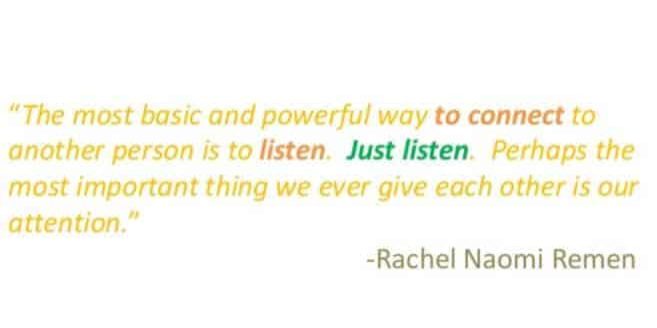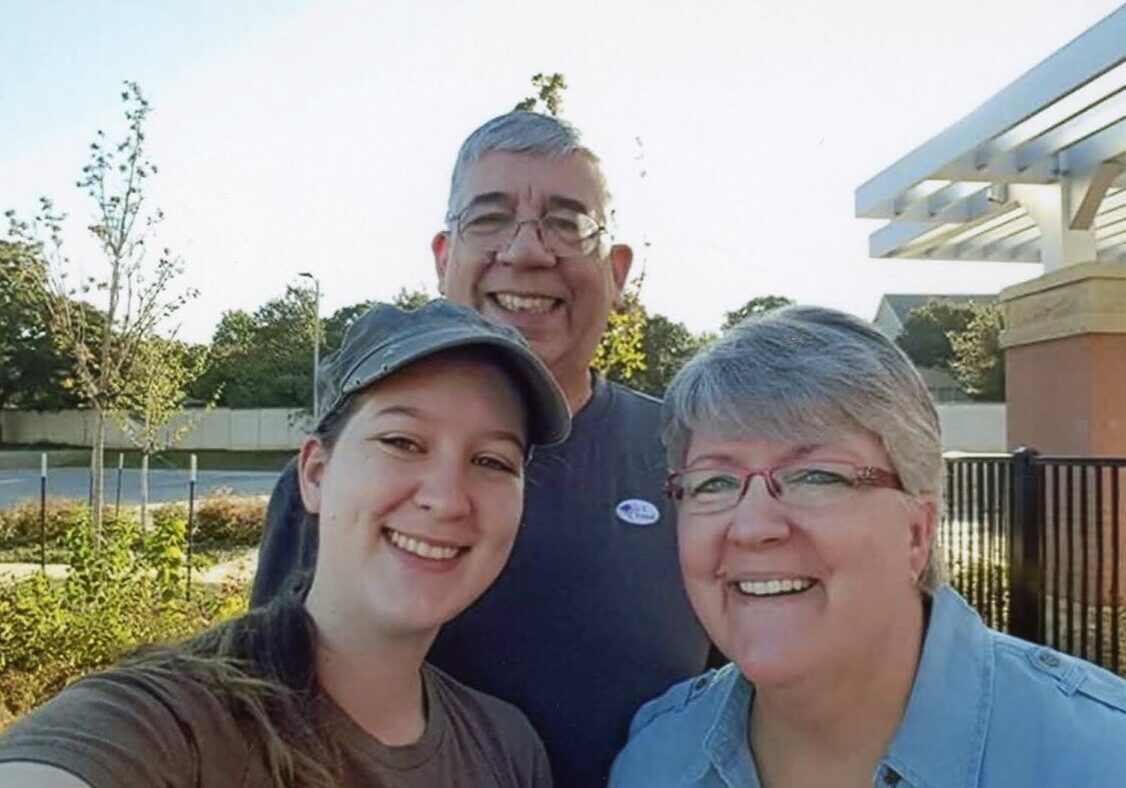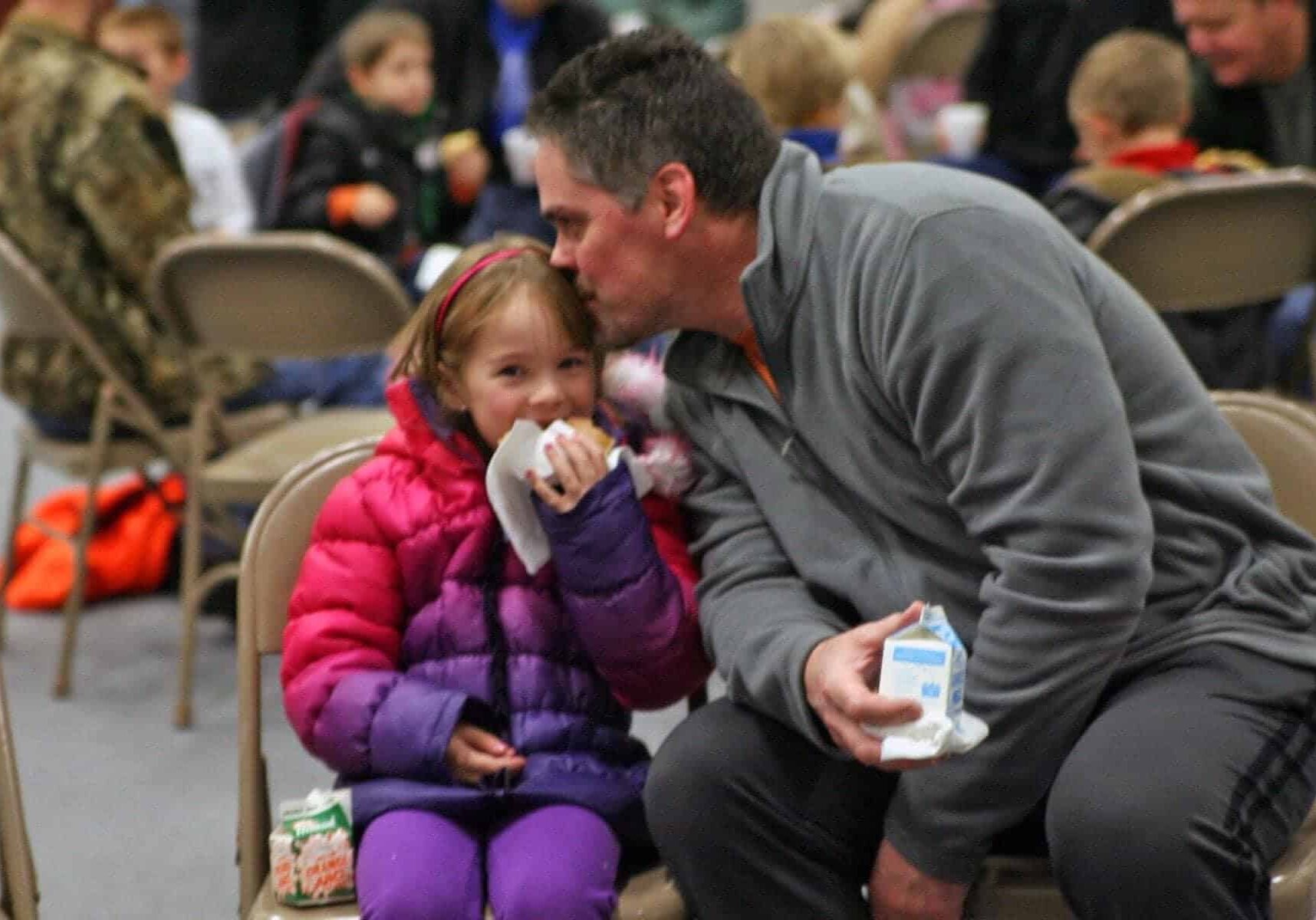 When people are upset, it is natural to want to “fix it”. This is especially true when it is our children. But usually our children aren’t asking us to come up with a solution. They just want us to be there for them. They want us to validate their feelings. They want us to listen. When parents of grieving children ask me for advice, I remind them that the most basic and powerful tool they have for connecting with their children is just to listen. Listening promotes connection and healing in grief.
When people are upset, it is natural to want to “fix it”. This is especially true when it is our children. But usually our children aren’t asking us to come up with a solution. They just want us to be there for them. They want us to validate their feelings. They want us to listen. When parents of grieving children ask me for advice, I remind them that the most basic and powerful tool they have for connecting with their children is just to listen. Listening promotes connection and healing in grief.
Surprisingly, listening is not always the easiest thing to do. Listening is more than just hearing what our children have to say. Listening is a skill. It is an active process. It takes practice. It takes focus. It requires a desire to fully engage with our children, hear what they are saying and understand the full meaning behind their words. It is selfless. We are there only to listen and receive. Quietly listening is a gift to our children that allows them to say what they need to say out loud and move toward finding their own healing.
So, the question that follows is: How do I become a better listener?
1. STOP TALKING. This is the hardest step for most of us. People are far better at telling their stories/beliefs than listening to others. Let children carry the load of their own grief story without adding angst from lecturing or giving advice.
2. Remove all distractions. Turn electronics off, put away any tasks at hand and give them your undivided attention. Show them that what they have to say is important.
3. Be present. Face your child and make eye contact.
4. Defer judgment. Listening fosters connection; judging leads to disconnection.
5. Be patient. Don’t try to finish their thoughts. Allow silence.
6. Respond appropriately. Don’t interrupt or try to impose solutions. Summarize by repeating back what you heard and ask questions only to ensure that you understand what is being said.
7. Empathize. Try to understand what your child is feeling. Pay attention to non-verbal communication: tone, body language, sighs, posture, gestures, behavior, etc.
8. Validate. Acknowledge your child’s situation, problem, issues or feelings.
9. Trust in their ability to find their own solutions. Ask before providing input.
10. Practice, Practice, Practice
Remember, the connection you build with your children is the foundation for healing from their loss. Listening is the crucial first step in communicating that you care and that you are there for them. If you find that you are unable to effectively listen to your children amidst your own grief, try to identify caring adults in their lives that can step in and help. Create opportunities for your children to be listened to. The greatest gift we can give to grieving children is the opportunity to feel listened to, connected and understood.
Warmest wishes,
Teresa Bartnicki, M.A., LPC-Intern



